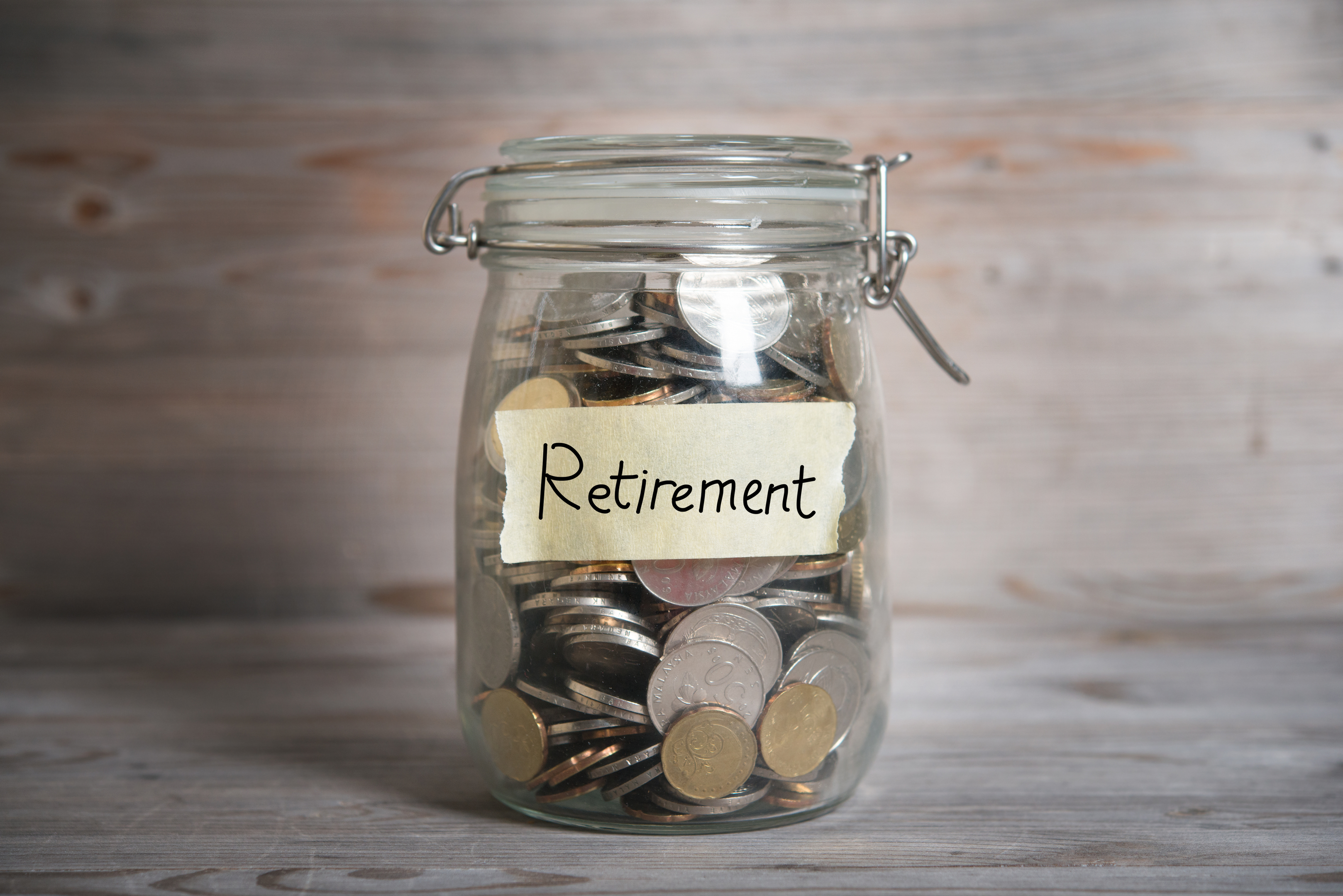
FOUR IN 10 working Britons do not think they will ever retire fully, a survey suggests.
The study by analysts Mintel found “little optimism” surrounding retirement, with more Britons who are not yet retired believing they will never fully stop working (39%) than those who do (35%).
The poll found vast regional differences, with 45% of working consumers living in London believing they will never fully retire, compared with 32% of those working in Scotland.
However, one third (32%) of workers say they plan to retire as soon as they can claim the state pension, peaking at 42% of men aged 25 to 44.
Overall, 61% of workers think that their generation will not have as comfortable a retirement as previous ones, rising to 65% of those born between 1965 and 1979.
Rich Shepherd, senior financial services analyst at Mintel, said: “Too many people have a negative view of retirement, with many expecting their generation’s retirement to be less comfortable than both those who came before and those to follow.
“Rising state pension ages and the struggle to save adequate funds for retirement make it easy for consumers to compare their prospective retirement with previous generations and see that they will have to work longer and receive a less comfortable pension.
“For some, the situation is negative enough to call the very concept of retirement into question.”
While more than half (55%) of full-time employees and 42% of men report having any type of pension, this falls to 35% of part-time workers, 17% of self-employed individuals, and 31% of women.
Away from pensions, one fifth (20%) of non-retired consumers expect to use funds from their cash ISA to help fund retirement, while one third (33%) expect to use money from a savings account.
Mr Shepherd said: “While there is an awareness among consumers that they should contribute more, relatively few do anything about it.
“More could be done to help consumers bridge the gap between knowing that they should save more, wanting to save more, and actually saving more.”

Enjoy the convenience of having The Sunday Post delivered as a digital ePaper straight to your smartphone, tablet or computer.
Subscribe for only £5.49 a month and enjoy all the benefits of the printed paper as a digital replica.
Subscribe